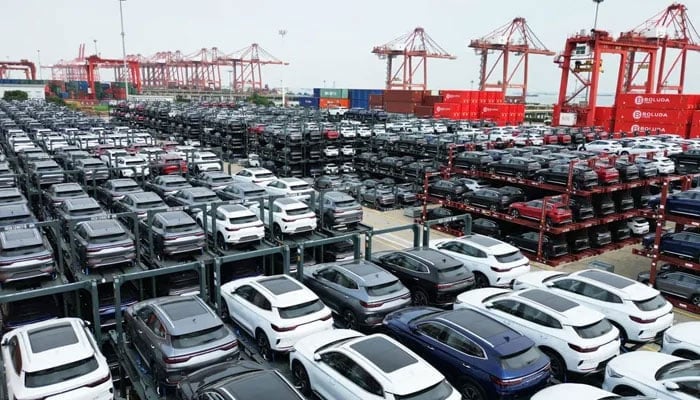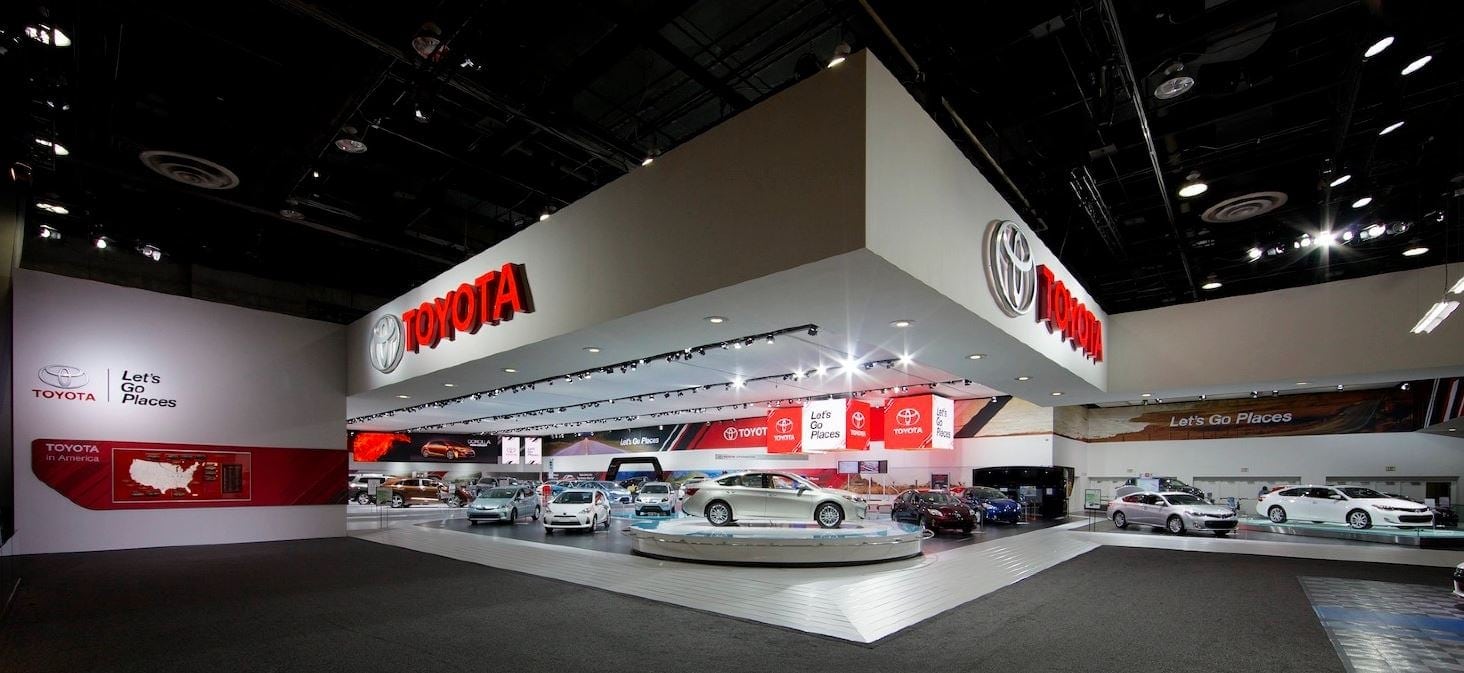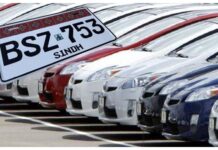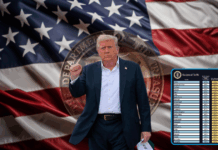Ali Asghar Jamali, CEO of Indus Motor Company (IMC), which assembles and manufactures Toyota vehicles in Pakistan, has called on the government to take immediate measures to curb the influx of imported used cars. Jamali believes these imports receive preferential treatment, which undermines the local auto industry.
Speaking to journalists in Karachi, Jamali emphasized the need for the government to rationalize taxes and increase duties on imported used cars. “The local auto industry has advised the government to intervene in this matter, with suggestions of corrective measures in the upcoming budget for supporting the local auto industry,” he said.

Impact on Local Vendors
Jamali highlighted the severe impact of used car imports on local vendors. The import of used cars has surged by 553% over the past year, resulting in a 35% decline in sales for local automakers. Vendors are operating at only 25-30% capacity. He pointed out that the local auto industry has invested around $2.5 billion, generated approximately 2.5 million jobs, and contributed about Rs 400 billion to the national exchequer in FY2022.
“Increasing duties and taxes in the upcoming budget will provide an opportunity to regulate the excessive import of used cars into the country. It will also help the local auto industry benefit from a better business climate, stable exchange rate parity, and a foreseeable reduction in interest rates,” Jamali noted.
Financial Implications
A presentation by IMC demonstrated how the depreciation of imported used cars results in much lower taxes compared to locally manufactured vehicles. Pakistan spends an average of $14,010 on an imported used car, compared to $10,097 on a locally assembled vehicle. Currently, taxes on imported used cars are significantly lower than those on locally assembled vehicles, leading to revenue losses for the government.
“If this condition continues, it will force vendors to wind up their businesses, since their plant’s operations are currently at an unfeasible position,” Jamali warned. He added that the local auto industry, with an annual production capacity of 500,000 units and 13 companies producing over 40 models, is at risk due to the average monthly import of 3,068 used cars.

Jamali proposed that imported used vehicles should be allowed only for the use of overseas Pakistanis’ families. He highlighted the issue of illegal channels such as hawala and hundi being used for importing these vehicles, contrasting this with the legal routes used by the local industry for importing parts.
Government Support and Future Plans
The CEO acknowledged the government’s support and mentioned positive discussions with Prime Minister Shahbaz Sharif. He also highlighted IMC’s efforts to increase localization, export vehicles, and train human labor for export to Japan. Toyota’s newly launched Hybrid Electric Vehicle (Toyota Corolla Cross) has the highest percentage (50%) of localized parts in its category.
“We are looking to increase localization and substitute imports by another $150 million in the next five years,” Jamali stated, responding to a question about the impact of rupee depreciation on auto parts localization.
The local auto industry is urging the government to take decisive actions to protect it from the adverse effects of excessive imports of used cars. With proper measures, the industry hopes to stabilize and continue contributing significantly to Pakistan’s economy.
Stay tuned to Brandsynario for latest news and updates.







































